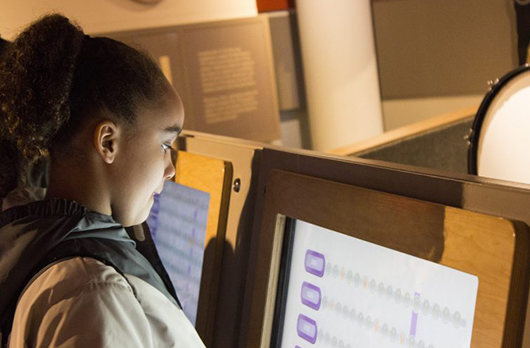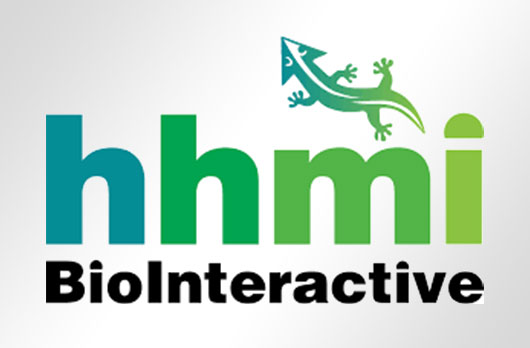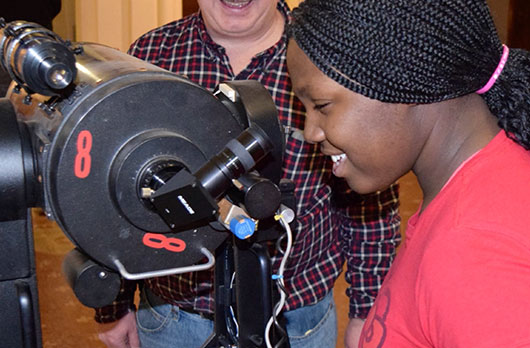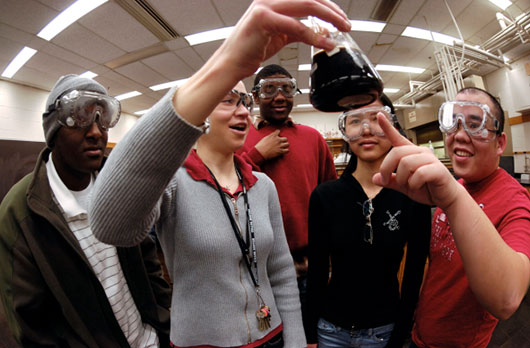
SEEC’s process evaluation focuses on teacher plans, concerns, and instructional needs.

The project is researching the impact of an interdisciplinary bio-engineering-computational design curriculum on middle school engineering and science education.

Reaching Across the Hallway is a research project supporting rural, middle school teachers in integrating culturally relevant computer science activities into their social studies classrooms.

Robotic technologies provide innovative ways of engaging students in computational thinking (CT) practices within STEM fields, but teachers may be reluctant to use robotics if they do not feel confident with the technology, or when they feel unprepared to make the technology relevant to their subject areas.

SEEC is working collaboratively with the Howard Hughes Medical Institute’s BioInteractive team to evaluate implementation and impact of classroom resources, planning tools, and professional development designed for science educators.

IDATA engages middle and high school students in designing software to make astronomy accessible to people with blindness or visual impairments.

The ACCT project is developing and implementing professional development workshops for middle and high school teachers to use formative assessments built on a previously developed framework for chemical thinking to develop their abilities to elicit, notice, interpret, and respond to students’ reasoning in ways that promote more meaningful understanding of central ideas.

This project looks for large scale impacts of such a widespread, sustained-over-time experience on students, teachers, schools and communities.

Developing Mathematical Ideas (DMI) is a widely-used elementary and middle grades (K–8) mathematics teacher professional development curriculum based on well-established principles of effective programs.

The LOCUS project used evidence-centered design (ECD) techniques to develop an assessment of conceptual understanding of statistics for middle and high school students and their teachers based on the Guidelines for Assessment and Instruction of Statistics Education (GAISE) framework.
